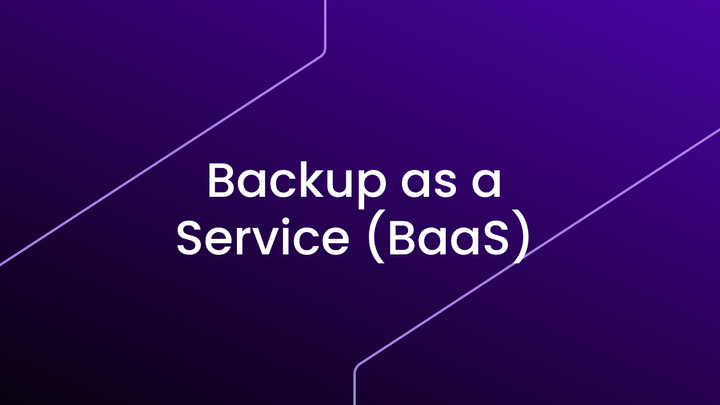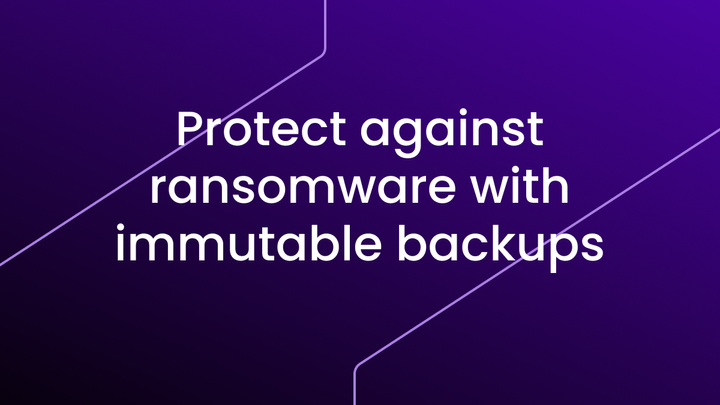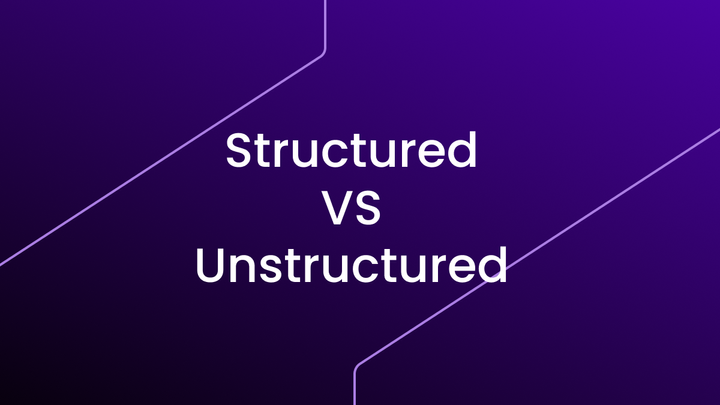Backup as a Service (BaaS): What You Need to Know

The world of data backup is vast, and it’s easy to get lost in a sea of complex terms. In this article, we aim to demystify the concept of Backup as a Service (BaaS). What does it mean? What are its advantages? What are its use cases?
By the end of this article, you will have answers to these three questions, and you will understand why Backup as a Service is particularly well-suited to the needs of small and medium-sized businesses (SMBs).
What is Backup as a Service?
Backup as a Service refers to a cloud-hosted software solution that allows you to back up your infrastructure without having to deal with the complexity of traditional data backup processes (provisioning infrastructure, purchasing software licenses, etc.).
These solutions enable you to access reliable and resilient backups within minutes, all through a monthly subscription.
Typically, Backup as a Service solutions offer pre-packaged plans that include both the software and storage for your backups. Implementing backups via a BaaS offering allows for quick and hassle-free deployment, with an intuitive online interface to manage your backups (adding, viewing, and restoring backups).
What are the Advantages of BaaS?
Now that we’ve introduced the concept of BaaS, let’s explore its advantages compared to other solutions available on the market.
In addition to "as a service" backup solutions, we can identify two other types of offerings:
- Backup appliances: A backup appliance is hardware dedicated to data backup. Essentially, it’s a specialized server that’s sized and configured specifically for backup purposes. Tape libraries, commonly used in large enterprises, fall into this category. While cost-effective for large volumes, they require physical space for storage and regular manual interventions.
- Software installed on a server: Unlike appliances, specialized backup software does not require a significant initial investment. However, it must be installed by professionals, and the associated licensing costs can quickly become expensive.
Backup as a Service solutions, on the other hand, are particularly suited to the needs of smaller organizations such as SMBs, startups, and managed service providers. They offer reliable and resilient backups with:
- No initial investment.
- No need for professional setup (a support team is sufficient).
- No requirement to host hardware on-site.
- Limited maintenance and regular updates.
In summary, BaaS provides a flexible, affordable, and easily integrable alternative, offering the peace of mind of dependable backups. Whether you face a cyberattack or accidental data loss, BaaS ensures your data is protected.
How to Choose a BaaS Solution?
Now, let’s focus on the key questions you should ask when comparing and choosing the best Backup as a Service solution. We’ve identified four major pillars to consider:
1. Backup Methods
Different backup methods are available. Incremental backups combined with a compression algorithm can drastically reduce the storage space required for your backups. Modern approaches, such as index-based backups, offer what we consider to be the best balance between storage efficiency, cost, and effectiveness.
2. Security and Access Keys
Most solutions require SSH access to ensure proper backup execution. This not only introduces risks related to the security of your servers but also requires specific firewall configurations. Solutions like Datashelter operate using a push-only model, meaning your server connects to the backup platform, but the reverse path is impossible—your server is not exposed to the internet.
3. Error Notifications
Error notifications help you avoid the painful situation of discovering your backups have been stalled for six months just when you need to restore them. Ensure that this feature is supported by your provider and that the notification channels (email, Slack, webhook) align with your preferences.
4. Backup Storage
Your backups must be encrypted, especially if they contain personal data. Client-side encryption methods are preferable for enhanced security. Additionally, the location of your backups may be a deciding factor, both for latency and regulatory compliance reasons. We encourage you to verify this, as it’s not always transparent with some providers.
Start Your Backup Journey Today
In conclusion, the most important thing is to get started. At Datashelter, our mission is to democratize data backup for SMBs by providing a simple, reliable, and cost-effective solution.
If you still have questions after reading our articles or feel the need for expert guidance, our team is here to help you define, structure, and validate your project—all while offering genuine human support!



